|
In its standalone offerings, the X-Men franchise has cracked the code on a formula that had gone stale. No more unformed ensembles and global stakes, like in X-Men: Apocalypse when hundreds of thousands died in a distant CGI churn and a gaggle of barely differentiated teens ganged up to stop the bad guy. Instead, Deadpool and Logan successfully kept things focused on their protagonists, with the former going meta and vulgar while the latter went tragic in a dystopian Western. That success is at stake in Deadpool 2, a sequel with twice the budget and an inability to surprise as easily after the fourth-wall tricks of the original. The film’s increased resources mean that the temptation to borrow from the X-Men’s vast roster of super-powered mutants is irresistible, diffusing Deadpool’s (Ryan Reynolds) charm. At the same time, the pathos of Logan, a film that Deadpool the character knows all about and often references, is another siren, calling for Deadpool to smash onto the rocks of an emotional rooting that he cannot possibly earn. Leitch and Reynolds, who gets a script credit along with original writers Rhett Reese and Paul Wernick, sense these barriers and attempt to avoid them, but as Deadpool becomes a ubiquitous cultural icon, the commercial pressure to flatten him into another superhero archetype is too great to fully resist.
0 Comments
Some of the most important, and underseen, photos in American history are the shots of lynchings. Smiling white men and women and sometimes their children pose next to the burnt and dismembered corpses of black men. In addition to the gore and snuffed-out life present in these pictures, they are most horrific from the fact that the dead men or women in the picture could be swapped out with some giant county fair pumpkin or a winning Little League team, and the smiles would be the same. There’s civic pride on those faces, prompting the viewer to wonder what the conversation was like on the trip back home. Did attendees gather at the soda fountain after and reminisce the next day? The banality of these pictures is a reminder that evil doesn’t have a tail and cloven hooves, but a family and an occupation and a house with framed pictures. The documentary A Nazi Legacy: What Our Fathers Did is about the now-elderly children in those frames reckoning, or not, with a different set of crimes committed by their parents, men who orchestrated monstrosities and then came home to their families. The existence of atrocity next to domesticity continues to hold great interest for this viewer, a universal human dichotomy that remains fascinating and chilling across all timelines and continents.
With only four films over a 19 year period, Lynne Ramsay is tragically not a prolific filmmaker. Her stylish direction and singularly difficult protagonists mark her as a notable talent, with each film better than the last. After the bracing psychological horror of We Need to Talk About Kevin, Ramsay finally returns to screens with the equally unsettling You Were Never Really Here. Led by Joaquin Phoenix, who’s adding another brilliant performance to his resume, the film moves quickly and packs a fierce punch, alternately thrilling and emotional and terrifying in its depiction of dark underbellies and psychic scars.
Chloe Zhao tells a traditional story untraditionally in The Rider. Her modern western and critical breakout about a rodeo rider adjusting to a life away from his calling could have easily cast some up-and-coming young males, maybe getting a ringer like Sam Elliot to play a supporting role and lend her film instant credibility. Instead, Zhao found the subject of her story on the South Dakota badlands and cast him in a loosely biographical film about his own life. Her cast plays themselves, a non-professional trope that doubles as a family. This blending of narrative and documentary achieves a Herzogian ecstatic truth where the details get lost amidst the broader emotional accuracy of what Zhao’s protagonist is experiencing. However, The Rider is most interesting in its background and its production; the film itself fades not unlike the many Dakota sunsets captured that grace the screen.
From Guardians of the Galaxy 2 through Black Panther, Marvel’s been on a roll through their last four films. They’ve started new stories and continued others, bringing in idiosyncratic directors, a broader audience, actual recognizable themes and allusions to the real world, and hardly a mention of the glowing Macguffin gems that dimly power the broader Marvel Cinematic Universe. With Avengers: Infinity War, that run and the entirety of a decade’s worth of interconnected entries, culminates in an intergalactic conflagration that functions like a season finale as much as it does a single film. Marvel’s rewriting the rules of what can be expected at the movies, and the test of Infinity War is if a single entry with 40 hours of prologue can be at all understood or appreciated for someone who isn’t interested in all that backstory.
|
Side PiecesRandom projects from the MMC Universe. Categories
All
Archives
April 2023
|
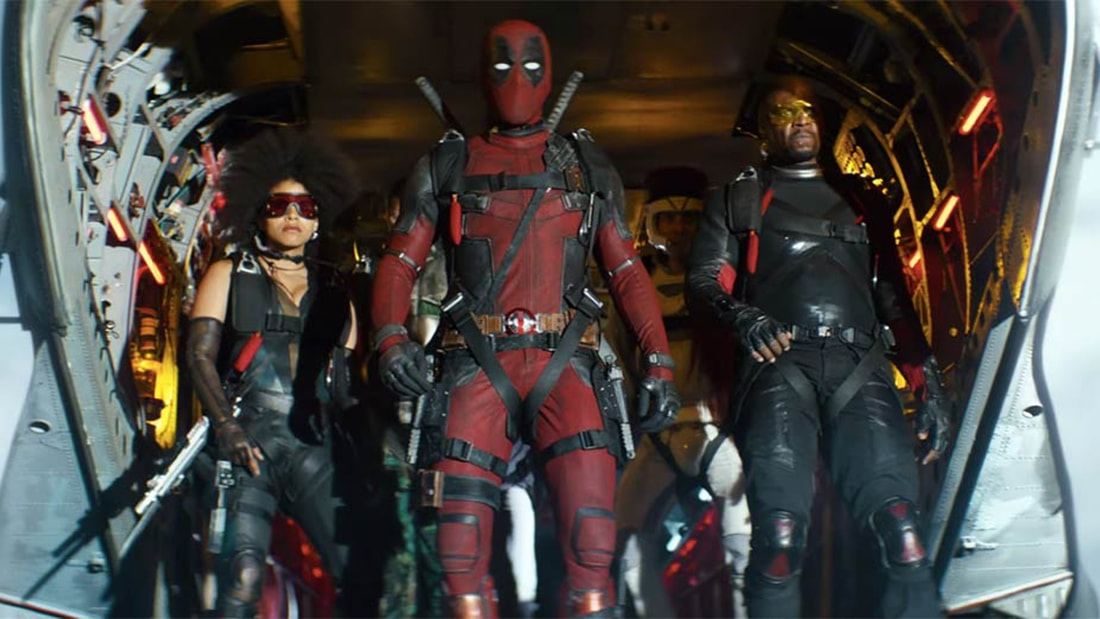
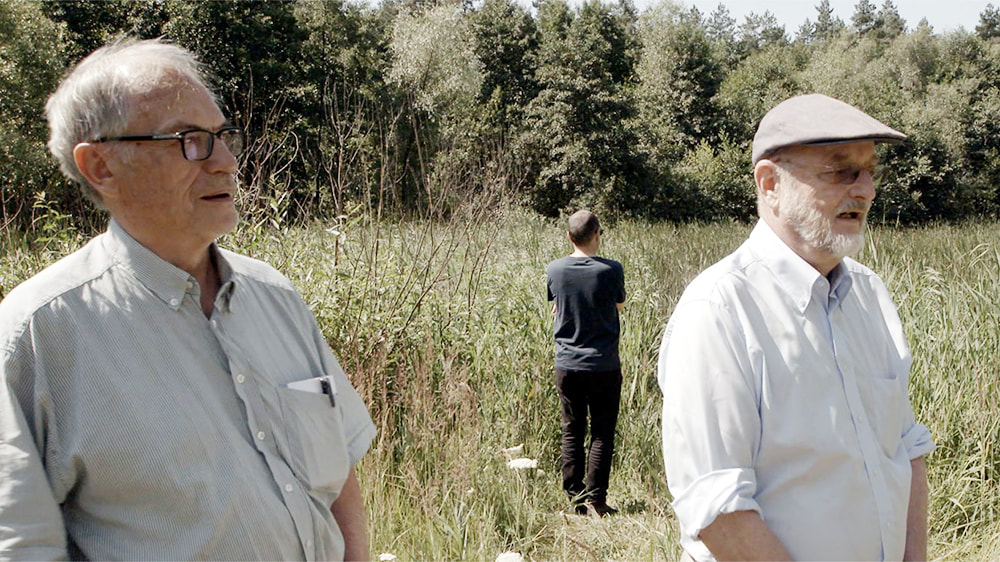
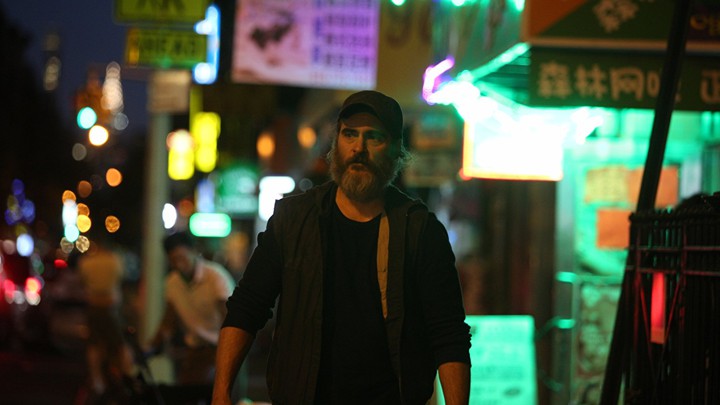
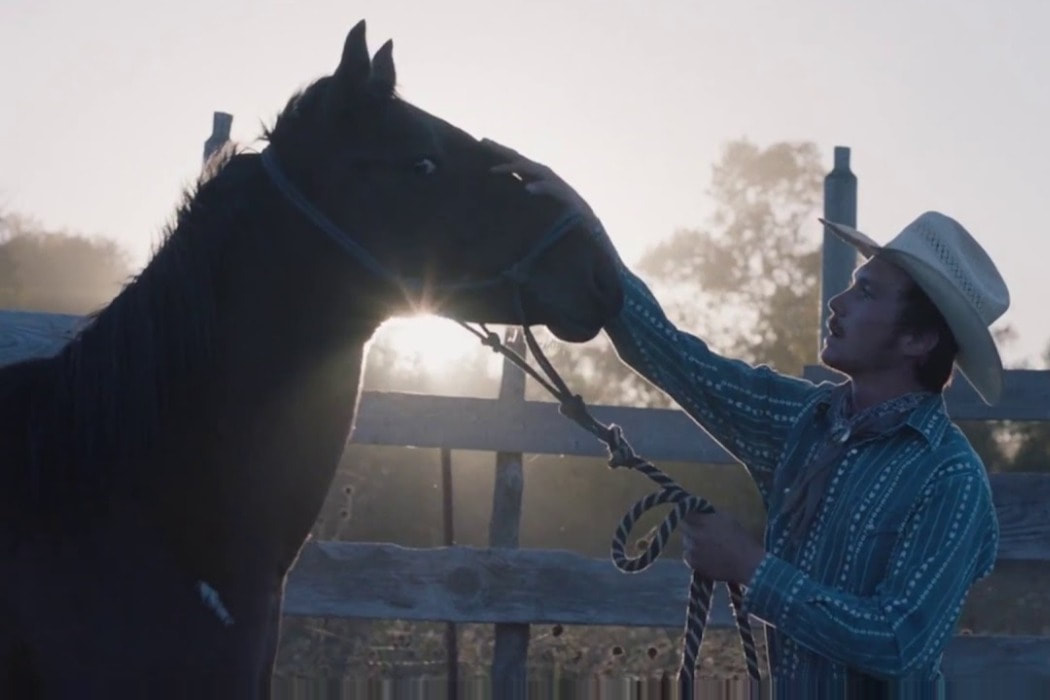
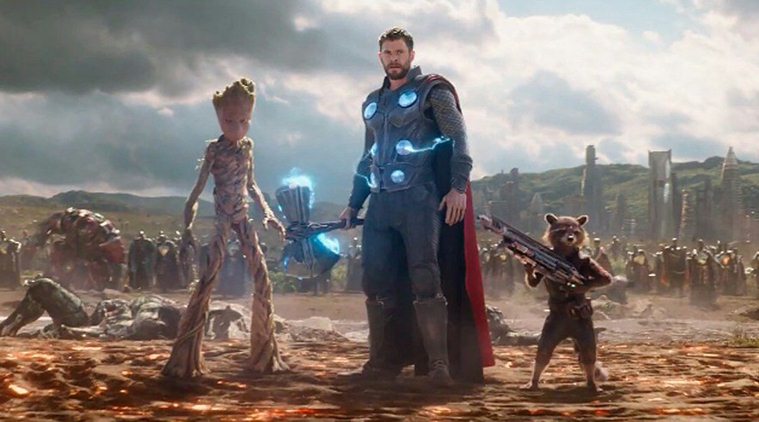
 RSS Feed
RSS Feed